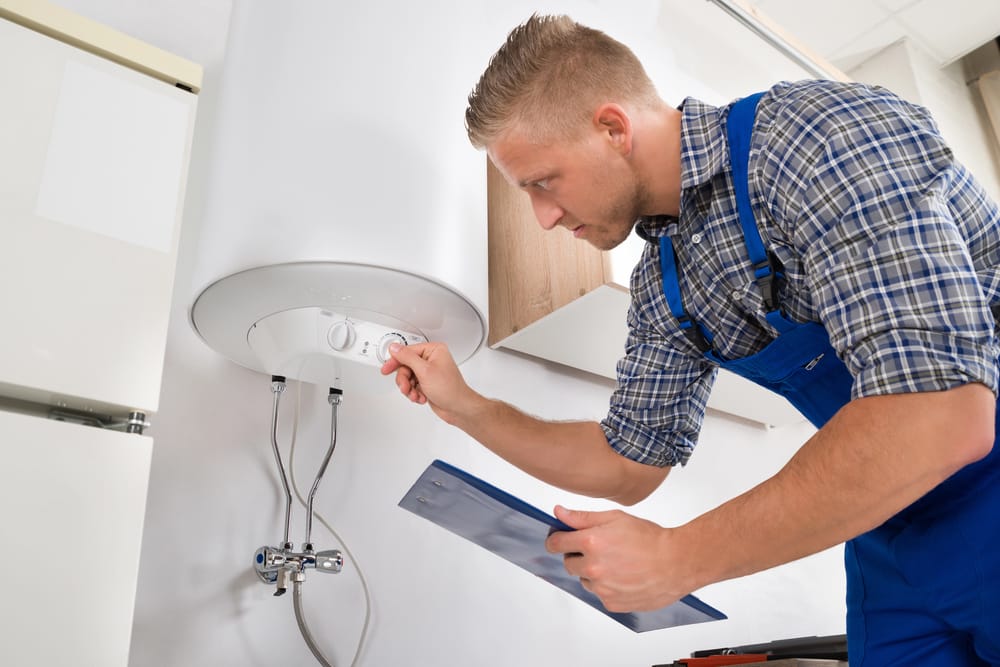Losing hot water throws off your entire routine. It disrupts comfort and creates stress when you need it least. That’s why choosing the right system matters; it affects your daily life and your energy bills. In this guide, we’ll walk through the facts to help you decide between choosing a gas or an electric heater.
Comparing Gas And Electric Water Heaters
The way your system heats water, whether through natural gas or electricity, can impact performance, long-term savings, and how much energy is being used. Here’s how gas and electric water heaters compare to each other:
Gas Water Heater
Gas water heaters rely on a gas line to ignite a burner at the base of the tank. Once lit, that flame begins to heat water quickly, which is why these systems are often preferred in homes with higher demand. As a result, gas models recover faster between uses.
In many cases, gas hot water heaters are seen as more energy-efficient, especially when fuel prices are lower. However, traditional gas heaters can sometimes waste energy heating water that sits unused. For a more efficient option, gas tankless water heaters only activate when needed, unlike storage tanks or many electric models.
Electric Water Heater
In contrast, electric water heaters generally use internal heating elements to warm the water, rather than a gas burner or flame. The design removes the risk of potential carbon monoxide poisoning or gas leaks. An electric unit doesn’t need a pilot light, simplifying the system and reducing maintenance concerns. These systems are often easier to install, as well.
Installation Comparison
Electric water heaters are easier to install because they don’t need a gas line installation or a venting system. They also take up less space and work well in smaller areas. On the other hand, gas water heaters typically require more setup due to safety concerns with natural gas and the handling of a more complex heating system.
Ownership Costs
Over time, the cost of running your system depends on energy rates, usage habits, and system type. Here’s what to expect:
Upfront Costs
Upfront costs can play a role if budget is a deciding factor. Electric water heaters are usually simpler to install and less complex. That makes them appealing if you’re prioritizing convenience or starting fresh. Gas water heater options tend to involve more setup, especially when venting or a gas hookup is needed. Keep in mind that factors like installation costs, energy sources, and high hot water demands can all influence your initial decision.
Ongoing Operating Costs
Long-term energy consumption depends on your home’s fuel source, water usage, and system efficiency. In areas powered by renewable energy, an electric system may cost less to run. However, for homes with higher demand, gas models often recover faster and burn fuel more efficiently. A tankless and efficient water heater can also reduce waste by heating only as needed. With proper maintenance, both systems perform well, though electric models avoid service issues related to combustion. However, power outages can disrupt electric units more than gas-based systems.
Average Lifespan
Replacing a water heater sooner than expected can be a costly surprise. Gas water heaters tend to last 8–12 years, while electric models often run 10–15 years with proper care. If your household’s hot water needs are steady, a longer-lasting unit can offer more energy savings.
Heating And Energy Efficiency
Wasted energy means wasted money over time. Electric water heaters typically run more efficiently than gas models, avoiding heat loss from venting and offering higher efficiency ratings. Some include built-in energy-saving features. While gas water heaters may deliver faster recovery, electric models often provide greater long-term energy savings, especially in areas with rising gas prices.
What About Tankless Water Heaters?
Tankless gas water heaters or electric tankless water heaters deliver endless hot water by heating it only when needed. These compact units eliminate the need for a tank or anode rod and help reduce standby energy loss. Gas models support higher flow rates but vent combustion gases, while electric models are more efficient, easier to install, and pair well with renewable energy sources, making them a strong option in homes with moderate demand.
Provincial Heating And Cooling Can Help You Make The Right Choice For Your Home
Choosing between a gas or electric heater comes down to your household’s needs, energy goals, and available infrastructure. When you’re ready for an upgrade, Winnipeg water heaters from Provincial Heating & Cooling are backed by expert service and dependable support.


